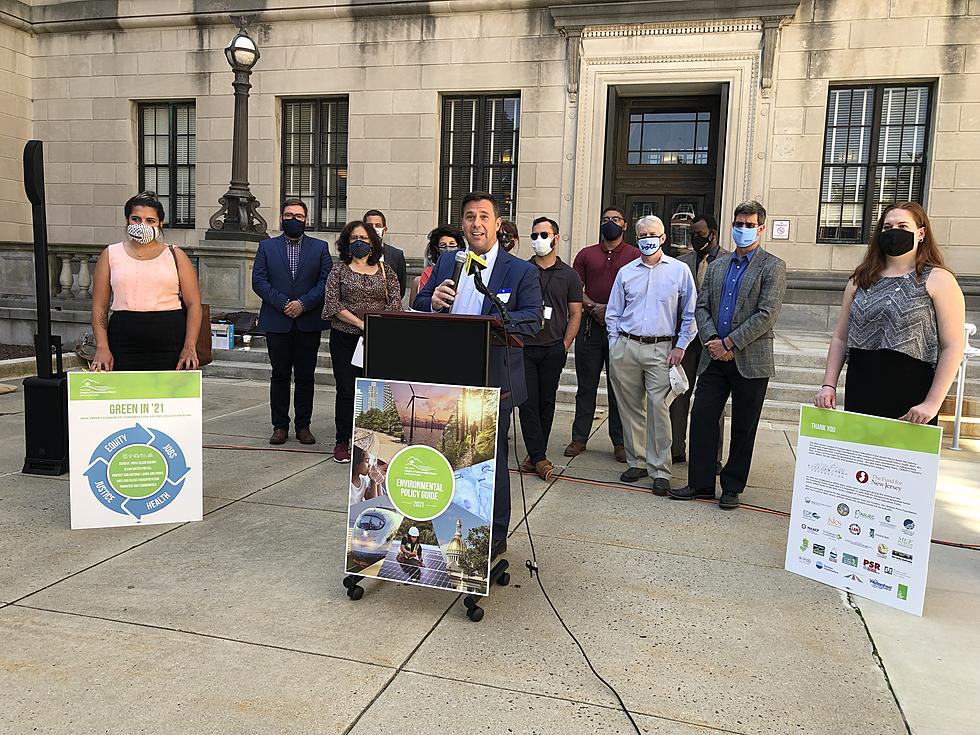![New Report Shows Toxins In Jersey Waterways [AUDIO]](http://townsquare.media/site/385/files/2012/04/delaware.jpg?w=980&q=75)
New Report Shows Toxins In Jersey Waterways [AUDIO]
Here's a story that will turn your stomach. A startling report shows some of New Jersey's waterways are very polluted with dangerous toxins.
According to Environment New Jersey, industrial facilities dumped 8.5 million pounds of toxic chemicals making Jersey's waterways the 12th worst in the entire country. The report shows that 226 million pounds of toxic chemicals were discharged into 1,400 waterways in the United States. Representatives from the organization say something needs to be done and soon.
Some of the major findings of the study include:
The Delaware River is ranked 5th in the nation for the highest amount of total toxic discharges, with 6.7 million pounds dropped in 2010.
DuPont Chambers Works was the biggest polluter in New Jersey, dumping 5.4 million pounds of toxic pollution into the Delaware River. Furthermore, DuPont was the 4th biggest polluter in the country.
ConocoPhillips - Bayway Refinery was the 18th biggest polluter in the country, dumping over 2.4 million pounds of toxic pollution into the Morses Creek, which was ranked 19th in the nation for highest amount of total toxic discharges.
Clean Water Associate with Environment New Jersey Megan Fitzpatrick says "New Jersey's waterways continue to be open for business for the state's biggest polluters. We need to save our lakes, rivers and streams. This is unacceptable and a health hazard to all of us We must turn the tide of toxic pollution by restoring Clean Water Act protections."
Environment New Jersey's report summarizes discharges of cancer-causing chemicals, chemicals that persist in the environment and chemicals with the potential to cause reproductive problems ranging from birth defects to reduced fertility. Among the toxic chemicals discharged by facilities are arsenic, mercury, and benzene. Exposure to these chemicals is linked to cancer, developmental disorders and reproductive disorders.
So just what can be done? Fitzpatrick says pollution prevention, protection of all waters in the state and tougher standards both on the state and federal level are vital.
Fitzpatrick says they will work on bringing the issue to President Obama's attention as well as the state DEP and EPA.
More From New Jersey 101.5 FM









